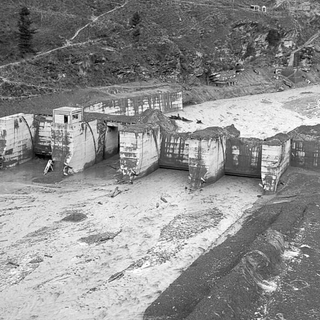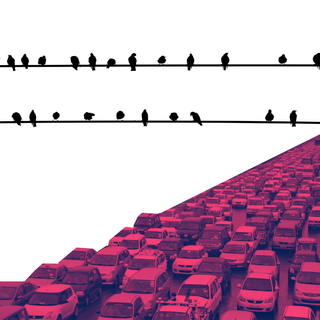The Ministry of Home Affairs (MHA) is inviting citizens to volunteer and train for a pilot cyber crime reporting framework. Volunteers will learn to identify content in the realm of child pornography, rape, terrorism, radicalization, and anti-national activities.
The program exists under the MHA’s Indian Cyber Crime Coordination Centre (I4C). As of now, this pilot program will start recruiting volunteers on a trial basis in Jammu and Kashmir, and Tripura. Citizens can register to train as unlawful content flaggers to help identify illegal content online, cyber-awareness promoters to create awareness about cyber crime among fellow citizens, or cyber experts to deal with high-level work including forensics and cryptography. The budget for this program, according to the MHA, is around Rs. 400 crores.
However, legal experts flag a concern: Indian laws currently have no definition of what the term ‘anti-national’ means. In this case, if volunteers are trained without a legal framework to refer to, they get to report any content they infer to be ‘anti-national’ online.
Related on The Swaddle:
Bihar, Uttarakhand Police Will Now Check Individuals’ Protest Sympathy, Participation During Verification Process
Those accused of ‘anti-national’ activities are detained under specific provisions of the Unlawful Activities (Prevention) Act (UAPA). The more recent uptick in the detainment of journalists and activists under this particular law, the heavy presence of an IT cell loyal to one political party, and heavily polarized social media misinformation channels highlight the danger of a cyber-crime reporting unit that holds the potential of becoming an overzealous surveillance unit.
Apart from legal issues, the MHA intends to record volunteers’ name, father’s name, mobile number, and email address but doesn’t intend to verify the same. Only volunteers who will register as cyber experts will be subject to verification by states and union territories.
In 2015, the Supreme Court struck down Section 66A of the Information Technology Act — which had criminalized sending messages that were offensive, false, inconvenient, or annoying — because it restricted citizen’s freedom of speech online. The MHA’s volunteer program, if misused, will directly go against the Supreme Court’s directive. While the MHA has advised its volunteers to study Article 19 (Freedom of Speech) of the Constitution before signing up, it remains to be seen if the volunteers will report cybercrime responsibly.




